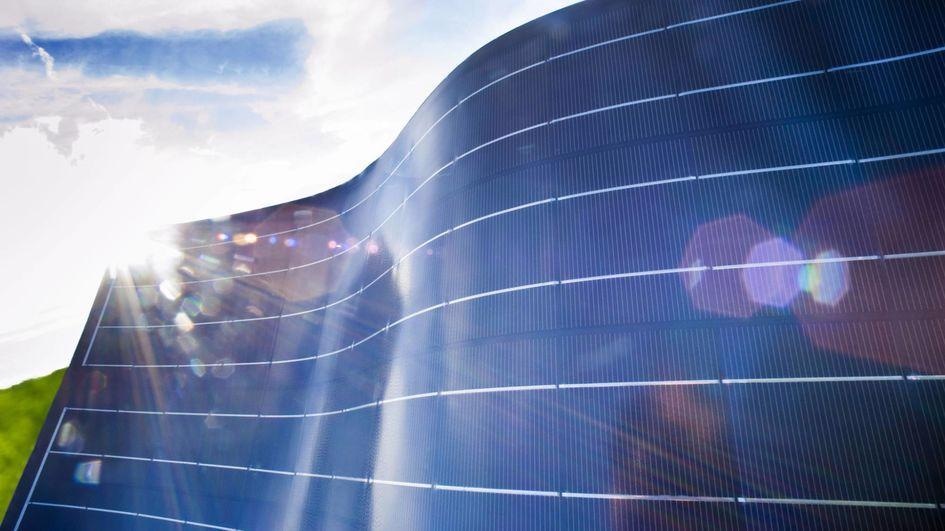Essen, Germany. Evonik is part of the ReProSolar project, which aims at developing a highly efficient and special process for the recycling of end-of-life photovoltaic (PV) modules.
 Evonik is part of the ReProSolar project, which aims at developing a highly efficient and special process for the recycling of end-of-life photovoltaic (PV) modules. Source: S. Wildhirt/Evonik
Evonik is part of the ReProSolar project, which aims at developing a highly efficient and special process for the recycling of end-of-life photovoltaic (PV) modules. Source: S. Wildhirt/Evonik
Under the project management of Veolia Germany and together with partner companies from the public and private sector operating along the PV module recycling chain, all PV module components are completely separated for the first time. This way, pure silicon, silver and glass, among other things, can be made available to the manufacturing industry again. The EU supports the project with a total of 4.8 million euros through EIT Raw Materials.
The effects of global warming can no longer be denied. Urgent measures are necessary in order to reduce CO2 emissions and to protect valuable resources. It is assumed that renewable energies and energy efficiency measures have the potential to meet up to 90% of the necessary defossilation targets. Over the next few years, the first PV systems will reach their end of life.
The technological solution
ReProSolar offers an innovative management of PV modules, turning the linear PV industry into a circular economy in order to reduce waste and to protect valuable resources. “Our process is based on a new delamination technology which is able to separate photovoltaic cells efficiently from the glass plate. Innovative physicochemical processes then enable the recovery of all materials without PV modules having to be shredded”, explains project manager Antoine Driancourt, Veolia Umweltservice GmbH. “Today, no industrial process in the world is able to recover very pure silver and silicon. This would be an enormous breakthrough for the whole solar industry in terms of current recycling standards”, adds Driancourt. From processing and raw material purification to the waste stream supply chain and reintegration into various industries, together with the project partners, the whole value chain is taken into account.
As a specialty chemicals company, Evonik has been at the forefront of driving the shift to sustainability and circular economies. According to its sustainability strategy 2020+, the company more and more integrates sustainability into its management processes. “For us, responsible action and economic success belong inseparably together”, says Peter Friesenhahn, Head of Silanes Business Line. “Our silanes often provide a sustainability benefit in their respective field of application. We are therefore pleased to support ReProSolar in making the production of silicon even more sustainable.”
The research project is supported by EIT RawMaterials, Innovation Community within the European Institute of Innovation and Technology (EIT). It is funded under Project Number 20028 and will run from February 2021 to the end of January 2025.
Until the end of the year, feasibility on an industrial scale is being tested on the premises of partner FLAXRES GmbH in Dresden and ROSI Solar in Grenoble. Until 2023, an annual 5,000 tonnes of disused PV modules are to be processed in a demonstration plant.
Partners
- Evonik Operations GmbH, Germany
- FLAXRES GmbH, Germany
- INP (Grenoble Institut für Technologie), France
- ROSI Solar, France
- TECNALIA Research & Innovation, Spain
- Triade Electronique, France
- Veolia Deutschland GmbH, Germany
- Veolia Recherche & Innovation (VERI), France
- Veolia Umweltservice GmbH (Lead Partner), Germany
EU funding: EIT Raw Materials